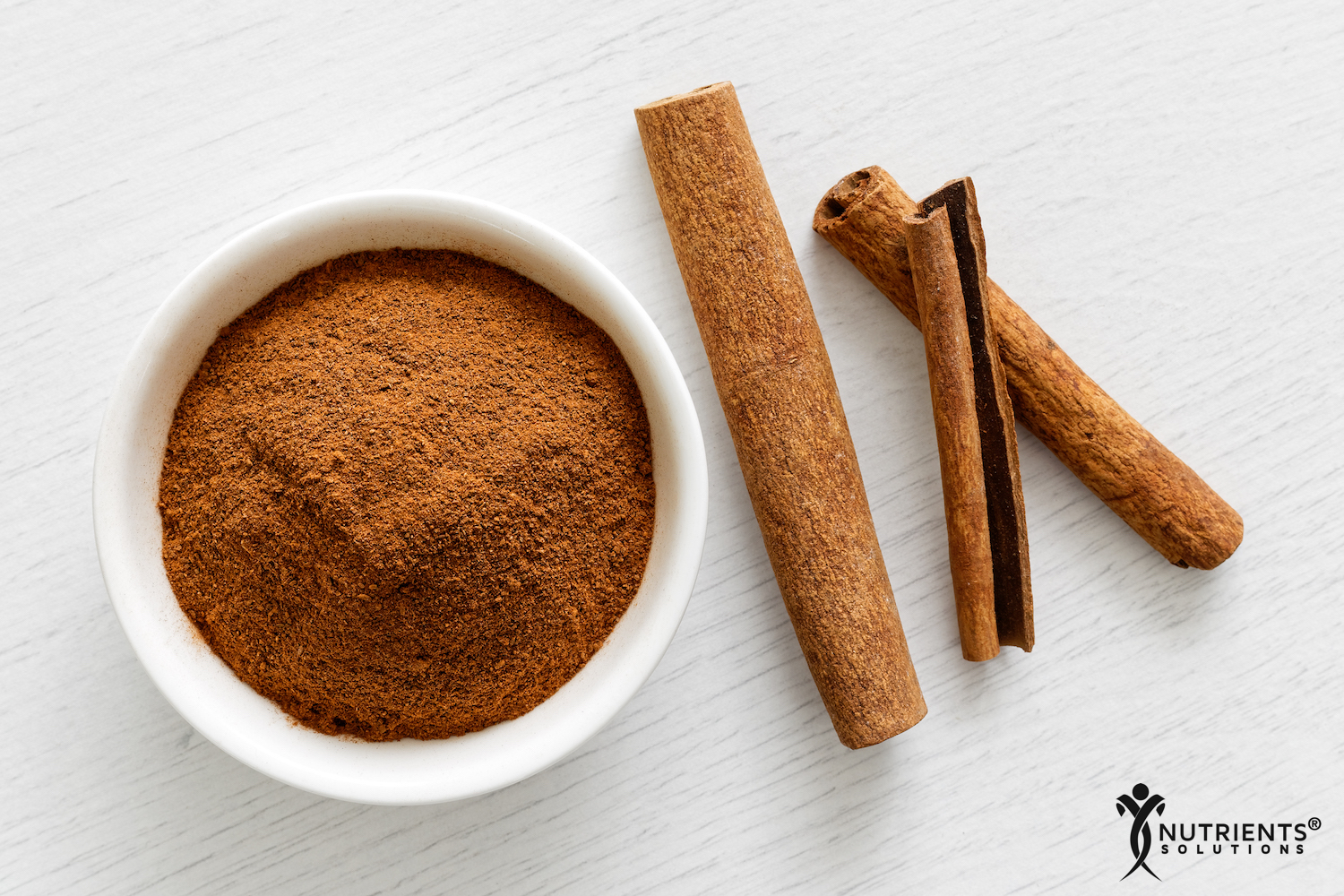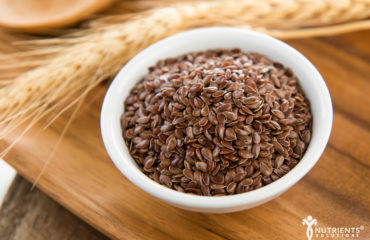Wellness Demystified: We Can Help You Discover Optimum Health
Understanding the Benefits of Ceylon Cinnamon

There’s cinnamon, and then there’s Ceylon cinnamon, a more rare type of cinnamon that is more delicate in flavor, lighter in hue, and associated with various types of health benefits. Many people are apt to think of cinnamon as simply a common spice, and cinnamon cassia, the type you might have stocked in your spice rack, is certainly commonplace. Ceylon cinnamon, cinnamon zeylanicum, is far more expensive. Native to Sri Lanka and parts of India, Ceylon cinnamon is highly desirable among chefs and bakers because of its texture and superior quality. Paying a premium rate for this upgraded spice appears to be well worth it when you consider its outstanding quality and associated health benefits.
Ceylon Cinnamon vs. Regular Cinnamon
Cinnamon cassia is easily obtained today–and typically for an inexpensive price. This type of cinnamon, also known as Chinese cinnamon, hails from South China and is now grown in many other areas of South Asia. Chinese cinnamon is a dark reddish-brown spice that contains about 95% cinnamaldehyde, a cinnamon oil that has a strong and spicy flavor. Ceylon cinnamon only has 50-60% cinnamaldehyde, so its spicy flavor is more subtle, more refined. Ceylon cinnamon is tan in color, and its mildly sweet flavor makes it ideal for many desserts. The fact that Ceylon cinnamon is dubbed “true cinnamon” highlights the reverence that many have for this spice.
Ceylon Cinnamon and Health Benefits
There have been many studies of Ceylon cinnamon and Chinese cinnamon. Both are associated with health benefits, but many medical practitioners are concerned that the level of coumarin in Chinese cinnamon could be problematic for the liver and kidneys. This natural chemical is present at higher levels in Chinese cinnamon than in Ceylon cinnamon. If you plan to enjoy cinnamon regularly, you should opt for Ceylon cinnamon over the common variety.
Diabetes
Studies have demonstrated that Ceylon cinnamon might have potential as an alternative treatment for people suffering from diabetes. Researchers have shown that Ceylon cinnamon can reduce insulin resistance, which helps the liver metabolize glucose. In a recent study, researchers demonstrated that Ceylon cinnamon brought insulin levels down–close to normal levels–in rats. Some people are turning to Ceylon cinnamon to stabilize their insulin as an alternative to synthetic insulin. Talk to your healthcare provider if you are considering this option.
Cancer-Fighting Potential
Ceylon cinnamon promotes enzyme activity. This means that it may have potential as a dietary supplement that can help prevent cancer from growing. With its anti-inflammatory and antioxidant effects, Ceylon cinnamon may also have the potential to help prevent the development of cancer. According to the research, cinnamon also contains properties that are toxic to cancer cells. More studies with humans need to be conducted, but this potential for cancer-fighting has the medical community excited.
Bacteria and Fungal Infections
Bacteria and fungal infections are common, but it appears that cinnamon can help prevent them from occurring and combat them if they do. The oil in cinnamon has antimicrobial properties. Cinnamon’s essential oils seem to boost the immune system so it can fight off bacteria, fungus, and even viruses. You can use cinnamon in all kinds of foods to enjoy its properties. Sprinkle some on your morning oatmeal or coffee, for example.
Supports Heart Health
Heart disease remains a leading cause of death in many Western nations. Studies show that Ceylon cinnamon can help reduce risk factors for heart disease. Cinnamon can lower triglycerides, blood pressure, and even bad LDL cholesterol. Can also boost circulation and enhance the body’s ability to repair its tissues–including heart tissue. If you’re at risk for heart disease, talk to your doctor about adding Ceylon cinnamon to your diet or as a supplement to reduce your risk for heart disease.
Helps Protect Brain Function
Cinnamon is rich in antioxidants. Researchers believe that cinnamon’s antioxidant properties can help protect the brain from the development of neurological disorders like Alzheimer’s disease and Parkinson’s. Cinnamon appears to have the power to stimulate neuro-proteins that stop damage to brain cells from progressing and prevent cells from mutating. By also helping to curb oxidative stress, cinnamon can help keep brain cells healthy.
Helps Fight Candida
Candida overgrowth can lead to yeast infections and digestive issues like bloating. Studies have shown that cinnamon can help tamp down on candida naturally with its anti-fungal properties. Again, simply add cinnamon to your diet in various ways to keep help candida at bay.
Ceylon cinnamon is a healthful spice that is renowned for its delicious taste. Yet, with its amazing health benefits, this spice is well worth its price tag. If you haven’t replenished your spice collection with Ceylon cinnamon, take a moment to order some today.
References:
1. https://www.healthline.com/health/ceylon-cinnamon
2. http://www.organiclifestylemagazine.com/cinnamon-ceylon-vs-caloassia-health-benefits-and-other-interesting-facts
3. https://www.ncbi.nlm.nih.gov/pmc/articles/PMC3326760/
4. https://www.wsj.com/articles/little-bit-of-spice-for-health-but-which-one-1381786452


© 2019 Nutrients Solutions, LLC. All rights reserved. Disclaimer: The information provided is for educational purposes only and does not constitute medical advice. Always seek the advice of your physician or qualified healthcare provider with any questions or concerns about your health. Check with your doctor before beginning any exercise program. Never disregard or delay seeking medical advice because of something you have heard or read in this article or the internet.












